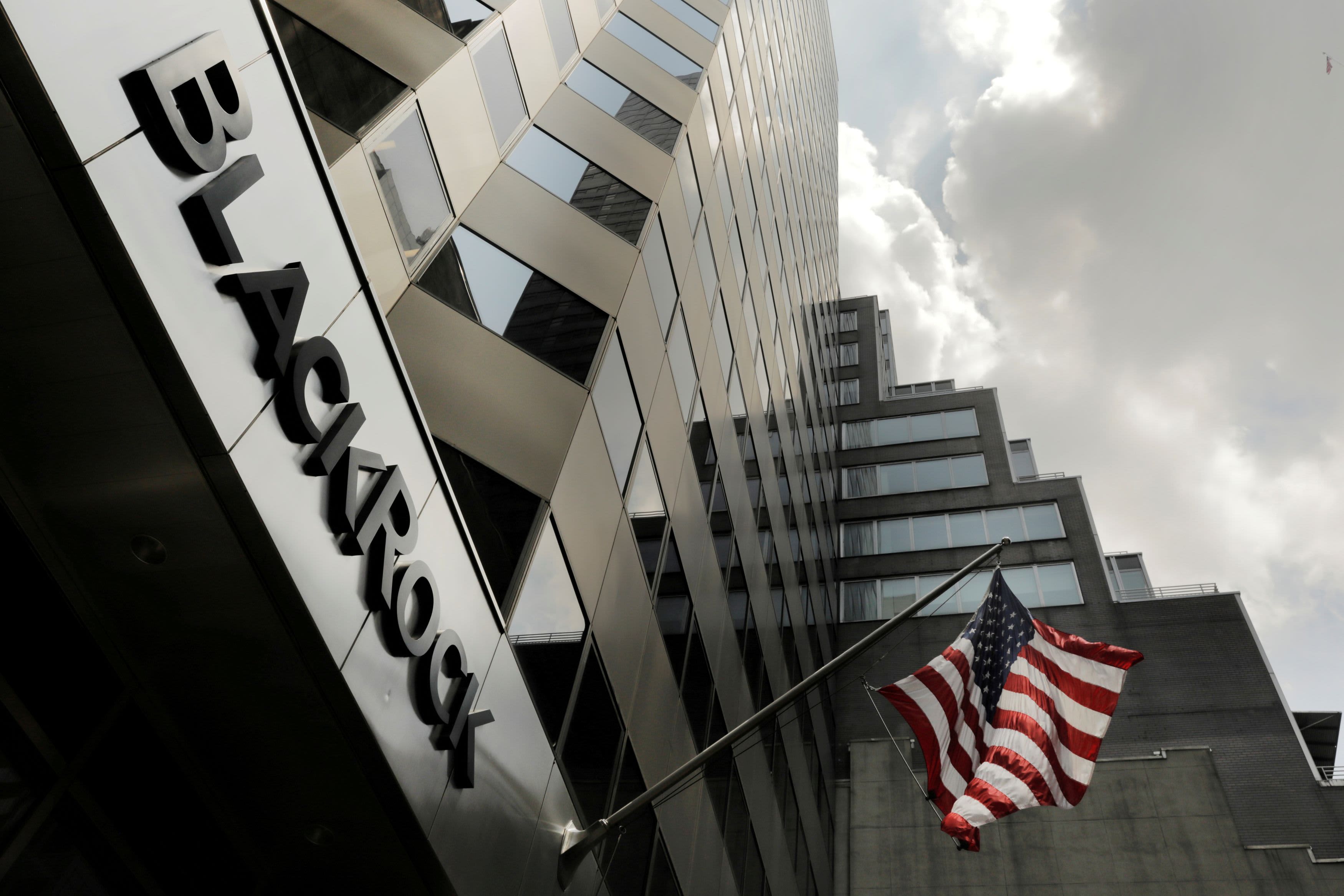
BlackRock has raised equities to overweight for 2021, based on its view that the restart of the economy will accelerate with the distribution of vaccines.
The firm is raising equities from neutral on a tactical basis, meaning over a six-to-12-month basis. From a long-term strategic view, BlackRock remains neutral on stocks, due to valuations and a challenging environment for earnings and dividend payouts. The S&P 500 has traded to new highs and risen more than 14% this year, even after the big selloff in March.
“The big change around the outlook itself is upgrading risk assets overall and seeing 2021 as a very constructive year for risk assets,” said Mike Pyle, BlackRock’s global chief investment strategist. BlackRock released its 2021 outlook Monday.
Pyle said BlackRock has cut investment grade credit to underweight, on a tactical basis, and prefers high yield debt for income potential. The firm also upgraded emerging market debt to neutral and Asian fixed income to overweight.
“We see 2021 as a really powerful year for the restart, in terms of economic activity, but also importantly a year where we’re going to see central banks hold interest rates within a pretty tight range,” Pyle said.
Pyle said the firm remains focused on the stocks of quality companies, particularly in the U.S. The firm’s strategists favor companies that will perform even if fiscal support is disappointing, and they favor some cyclical exposures. Sectors that surprised to the upside were housing, autos and materials.
Tech also remains attractive and is expected to maintain its high profit margins in a low interest rate environment. Tax increases had been considered a looming risk for tech, but the fact a divided Congress was elected in November has made that less likely.
Trends such as cloud computing, online advertising and digital payments provide growth opportunities, and sectors within tech like semiconductors and software could show leadership.
In addition to U.S. stocks, BlackRock also overweights emerging markets and most Asian equities. It has underweighted Japanese and European equities.
Underweight Treasuries
BlackRock’s position on government bonds is neutral, and it underweights Treasurys over a six- to 12-month time frame. But it overweights TIPS, or Treasury Inflation-Protected Securities, which should benefit from increasing expectations for higher inflation from accommodative monetary policy and increasing production costs.
“The strategic case for holding nominal government bonds has materially diminished with yields closer to perceived lower bounds. Such low rates reduce the asset class’s ability to act as ballast against equity market sell-offs,” the outlook said. “We prefer inflation linked bonds as we see risks of higher inflation in the medium term. On a tactical basis, we keep duration at neutral as unprecedented policy accommodation suppresses yields.”
Pyle said the market will begin to price higher inflation.
“Our call is that kind of four or five years out, 2025, we expect U.S. CPI to get up to 2.5% to 3% range in our base case,” he said. “That’s more or less a view that the Fed is going to be successful in achieving the overshoot. We think markets, particularly as the vaccine gets deployed and we get further into that powerful restart next year, will start pricing that outcome.”
BlackRock’s inflation call parallels its view that growth will be stronger. It expects inflation will rise but without the typical increase in nominal bond yields because of central bank policy.
“Often times people associate a rising inflation environment with one that is going to be negative for risk assets. We think that’s wrong,” he said.






